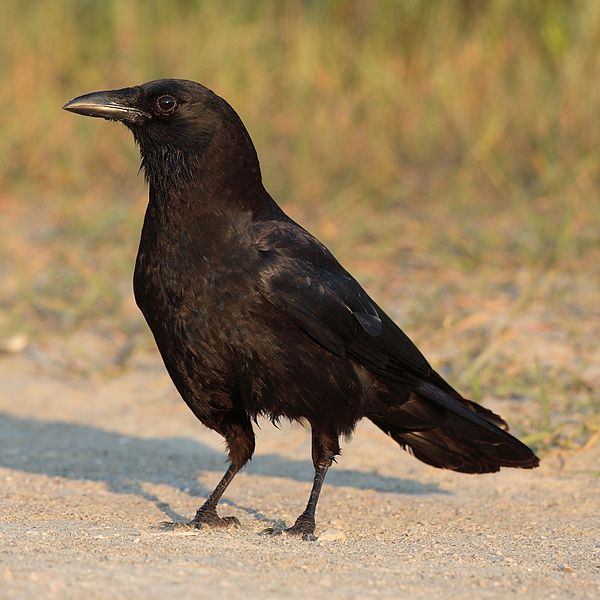Today’s SAT Question of the Day is a hard-difficulty, one-blank sentence completion. Not only is the vocabulary level of the answer choices pretty tough, the sentence itself is complex…or so it seems at first. Let’s give it a try.
All we need from this sentence is the first line: “Currently rising temperatures in the Arctic and Antarctic are ——- of a still warmer world”. We know two things from this portion of the sentence – temperatures are rising, and there could still be a warmer world on its way. A good prediction would be something like omens, predictions, signals, warnings…something like that.
If you know the words in the answer choices, there’s only one choice that works! I did, and I answered this question in 6 seconds. (How’s that as a plug for doing more vocabulary practice?!)
We’re given the following:
polarities
harbingers
vestiges
counterexamples
aftereffects
Round one of eliminations would go something like this:
polarities – has to do with poles…sounds good for something related to global warming, north pole, but doesn’t mean anything like a warning
harbingers – no idea
vestiges – no idea
counterexamples – counter means against, so examples against something…doesn’t mean a warning
aftereffects – the rising temperatures happened before whatever is in the blank, not after, so this won’t work, and it doesn’t mean warning
Round two leaves harbingers and vestiges. These both come from Latin but neither has another English cousin, and there are no useful roots for us to delve into. On the test, you’d possibly be at a crossroads of guessing or skipping (my students – remember your strategies!). On the blog, I can give clues:

vestige clue

harbinger clue
A harbinger (pronounced with a soft “g”, not a sound like “ding” in the middle of the word) is like an omen, which makes it the answer to this question. A vestige is the last trace of something, like those stuffed animals you keep hidden somewhere in your room.
